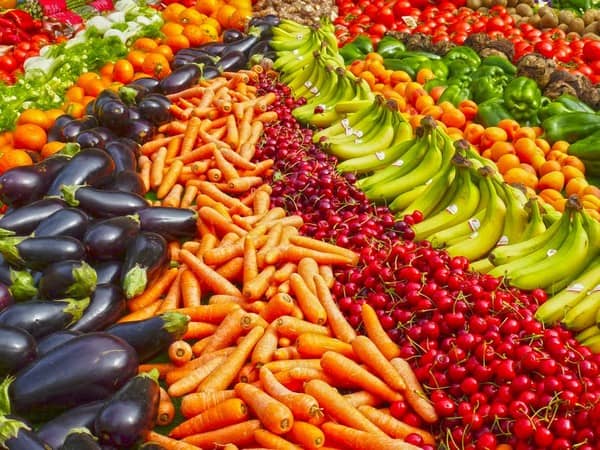Washington: A new low-cost method for detecting bacteria in food or water samples has come closer to the reality.
Developed by scientists from the University of Massachusetts Amherst, the rapid and low-cost method could be useful to the chefs using fresh fruits and vegetables.
Researcher Lili He said, “Most people around the world cook their vegetables before eating, but here in the U.S. more and more people like to eat these foods raw. This gave us the idea that a quick test that can be done at home would be a good idea.”
She added, “Microbial contamination is an important research topic right now. It has been a problem for a long time, but it is now the number one concern for food safety in the U.S.”
The researchers designed a sensitive and reliable bacteria-detecting chip that can test whether fresh spinach or apple juice, for example, carry a bacterial load. The chip, used with a light microscope for optical detection, relies on what He called a “capture molecule,” 3-mercaptophenylboronic acid (3-MBPA) that attracts and binds to any bacteria.
The chemical detection method relies on silver nanoparticles. The techniques are now in the patenting process.
The first step in the new test for bacteria detection is to collect a sample of water, juice or mashed vegetable leaf and place the chemical-based detection chip in with the sample.
The standard method for culturing bacteria from food samples, known as an aerobic plate count (APC) takes two days, He explained. “There are some others that are faster, but they are not very sensitive or reliable because ingredients in the food can interfere with them. We show in our most recent paper that our method is both sensitive and reliable and it can give you results in less than two hours.”
The findings are published in the online issue of Food Microbiology and an earlier one in the Royal Society of Chemistry’s journal, Analytical Methods.
ANI

